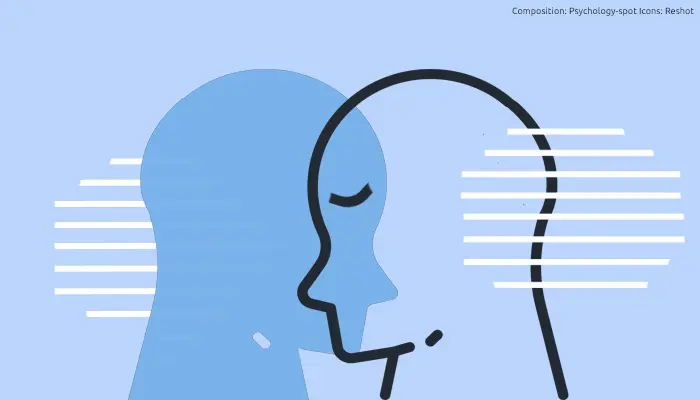
People experiencing anxiety, especially during a panic attack, are well aware that the world is instantly reduced to them. During a panic attack the emotional brain takes over, turns off the rational brain and only care about survival. Therefore, a person suffering a panic attack while flying is not concerned of the fact that the aircraft has to divert its route affecting the plans of hundreds of passengers. In that moment, that person only thinks about being on land. Now a new study reveals the connection between anxiety and this form of egocentrism.
Anxiety makes us more egocentrics than anger or pride
In a series of six studies, in which took part 1,300 people in total, the researchers from the universities of Harvard and Columbia generated anxiety, anger, disgust, surprise and pride among participants, asking them to write on a past experience when they felt those states. Others did nothing, or wrote about the way they used to spend their afternoons, so as to generate an emotionally neutral feeling.
Participants then faced different situations. In one experiment they should specify whether they wished to place a book on their right side, which meant it would be to the left of another person. In another case they should indicate the position of the green light, in their point of view and that of another person.
In a third experiment, they had to determine whether the recipient of an email message would believe that was sincere, although participants were suggested it was sarcastic. In another experiment, they had to read different situations and fill in the blank as soon as possible. One of such situation was: “Anna made lasagna on a blue plate. After then, Anna left and Ian came home and ate the lasagna. Then, Ian filled the blue plate with spaghetti and put it into the fridge. Anna now believes the blue plate contains (lasagna/spaghetti)”.
In all these experiments, people who had experienced anxiety or surprise were more likely to provide egocentric answers, or were slower taking the place of the other. In fact, they showed more selfish answers than those in which had been activated the feeling of anger, disgust or pride.
In addition, researchers appreciated that the higher the level of anxiety was the more difficult was for these people to assume the perspective of others.
Why anxiety reduces our ability to be empathetic?
One clue comes from the final experiments. In this case, it was discovered that people became more egocentrics when experienced a greater degree of uncertainty. In fact, while indignation or pride generates a strong sense of security, anxiety and surprise undermines our confidence because we don’t know what will happen in the immediate future.
Obviously, when our bases reel and we feel unsafe, we tend to look back searching for certainty, we close in our feelings locked in our perspective to find something to grab. So it is not surprising that in times of crisis, when there’s extreme uncertainty, the positions of individuals become radicalized, despite empathy.
Undoubtedly, this is a very interesting phenomenon, especially since we live in a society that constantly adds a lot of stress in our lives, stress that can be converted into anxiety causing us to lose the ability to connect with others and close in our egocentric worldview.
Now, more than ever, we need to strengthen the muscles of empathy. And it is not very difficult, we can do it more often practicing active listening, rather than dump our problems on others.
We also could try to put ourselves into others’ shoes, instead of pass directly to a critical attitude. When we meet something different, rather than turn away and pretend it doesn’t exist, we must try to understand, even if we don’t like it. Tolerance is an important value to live in an increasingly globalized world.
Source:
Todd, A. R. et. Al. (2015) Anxious and egocentric: how specific emotions influence perspective taking. J Exp Psychol Gen; 144(2):374-391.



